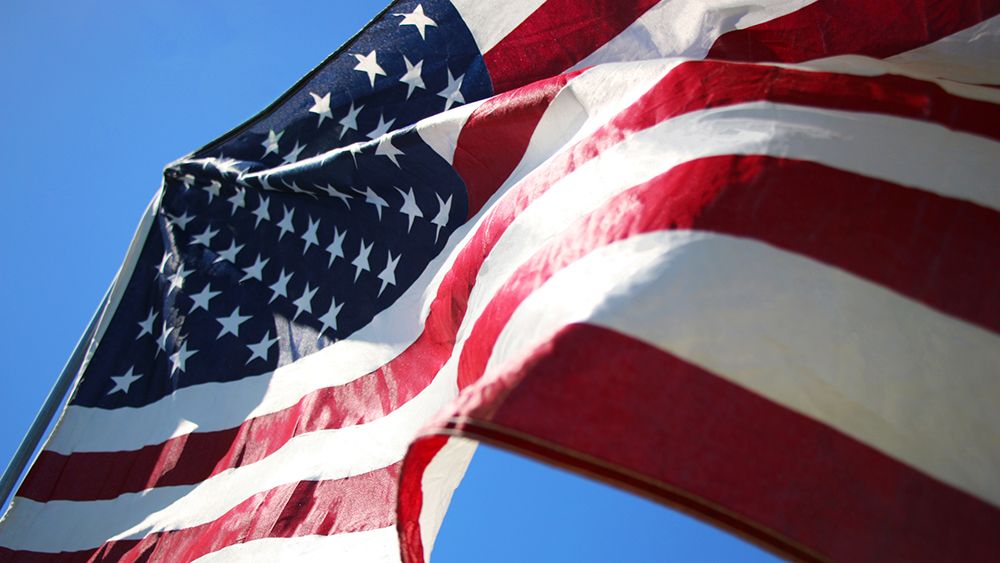WASHINGTON — Bipartisan legislation that will ensure taxpayer-funded inventions are made in America has passed the Senate, Wisconsin Democratic Sen. Tammy Baldwin announced Wednesday.
The bill, known as the Invent Here, Make Here Act, was put forth by Baldwin and Republican Ohio Sen. and Vice President-elect JD Vance.
It builds upon previous legislation proposed by Baldwin, which was later signed into law. That legislation requires products created by taxpayer-funded research be made in the U.S.
“I’ve fought for years to ensure that when we invest taxpayer dollars, we’re investing in American businesses and workers. For too long, taxpayer funded inventions have been shipped overseas for production in places like China, benefitting their economy and compromising our national security,” said Baldwin in a release. “Our bipartisan bill makes sure American businesses and workers are first in line to produce these taxpayer-funded inventions, keeping our country safe, creating jobs, and supporting our local economies.”
“Taxpayer-funded innovations should benefit American workers and industry, not our foreign adversaries. For far too long, we’ve allowed American breakthroughs to be offshored to nations like China and Russia – this legislation will bring those abuses to an end,” added Vance in a release. “It’s common sense: products developed with American taxpayer dollars should be manufactured by American workers on American soil.”
It’s already required that federally funded inventions be manufactured in the U.S. However, that requirement is frequently waived, which means those technologies often fall to foreign companies for manufacturing in places like China. Baldwin pointed to a specific instance in an Aug. 2022 report, which found that a battery technology developed in a federal lab was licensed to and then manufactured by a Chinese company.
This new legislation would prohibit those waivers and increase the scrutiny of those requests. Specifically, waiver requests would need written authorization from the President of the United States before being approved.
The waiver process was previously strengthened through Baldwin and Republican Sen. Rob Portman’s 2023 National Defense Authorization Act. This was specifically for inventions that were the result of federal research through the Department of Homeland Security. It added another layer of review for all waivers and also prohibited waivers for companies manufacturing in “hostile countries.”
“When the government spends American taxpayer money on inventing a product, it’s common sense that product should be made in America and not by our adversaries,” said Portman in a release at the time. “This bipartisan legislation will work in accordance with the Buy America reporting requirements I authored in the bipartisan Infrastructure and Jobs Act to ensure that coming infrastructure projects across America use American-made iron, steel, and manufactured products.”
The newest Invent Here, Make Here Act also seeks to increase American companies' access to these taxpayer-funded inventions.
It’ll do that through a requirement that the National Institute of Standards and Technology improve coordination with other federal agencies in such a way that it prioritizes domestic manufacturers. Part of that includes maintaining a public database of domestic manufacturers and what their capabilities are.
The bill also lays out a plan for a study that will examine barriers for domestic manufacturers in commercializing federal research and what role investment plays in whether they’re able to do it. This will be used to create recommendations for improvement in these areas.
The bipartisan legislation will now advance to the House of Representatives.



